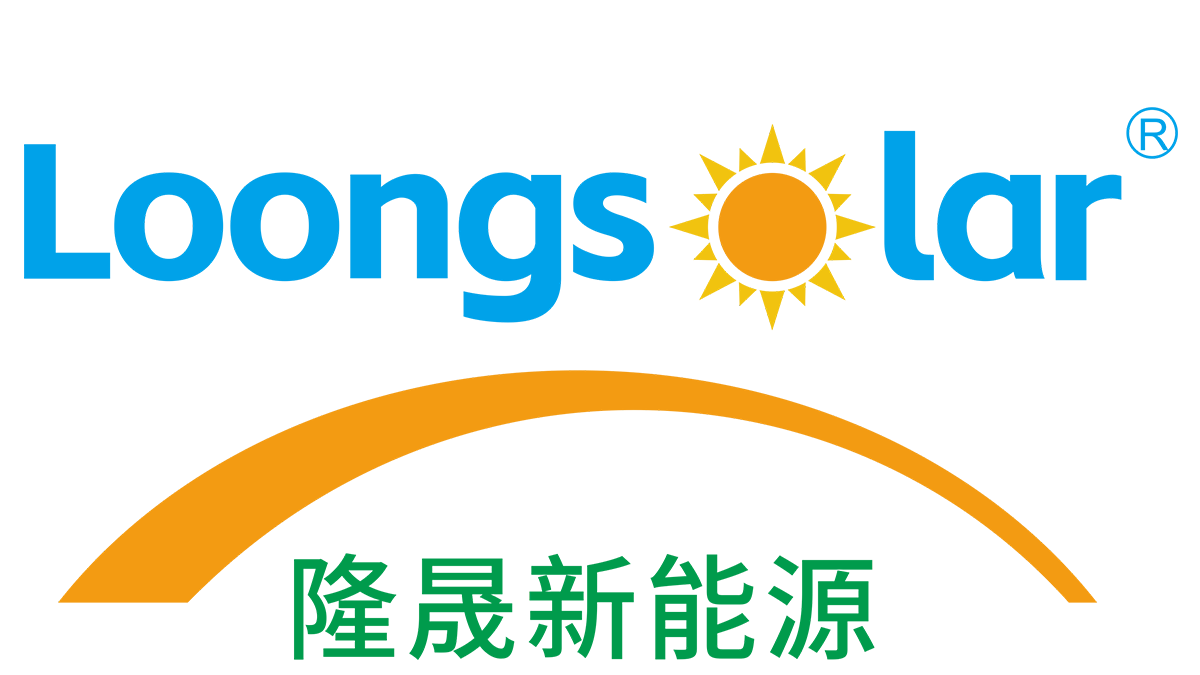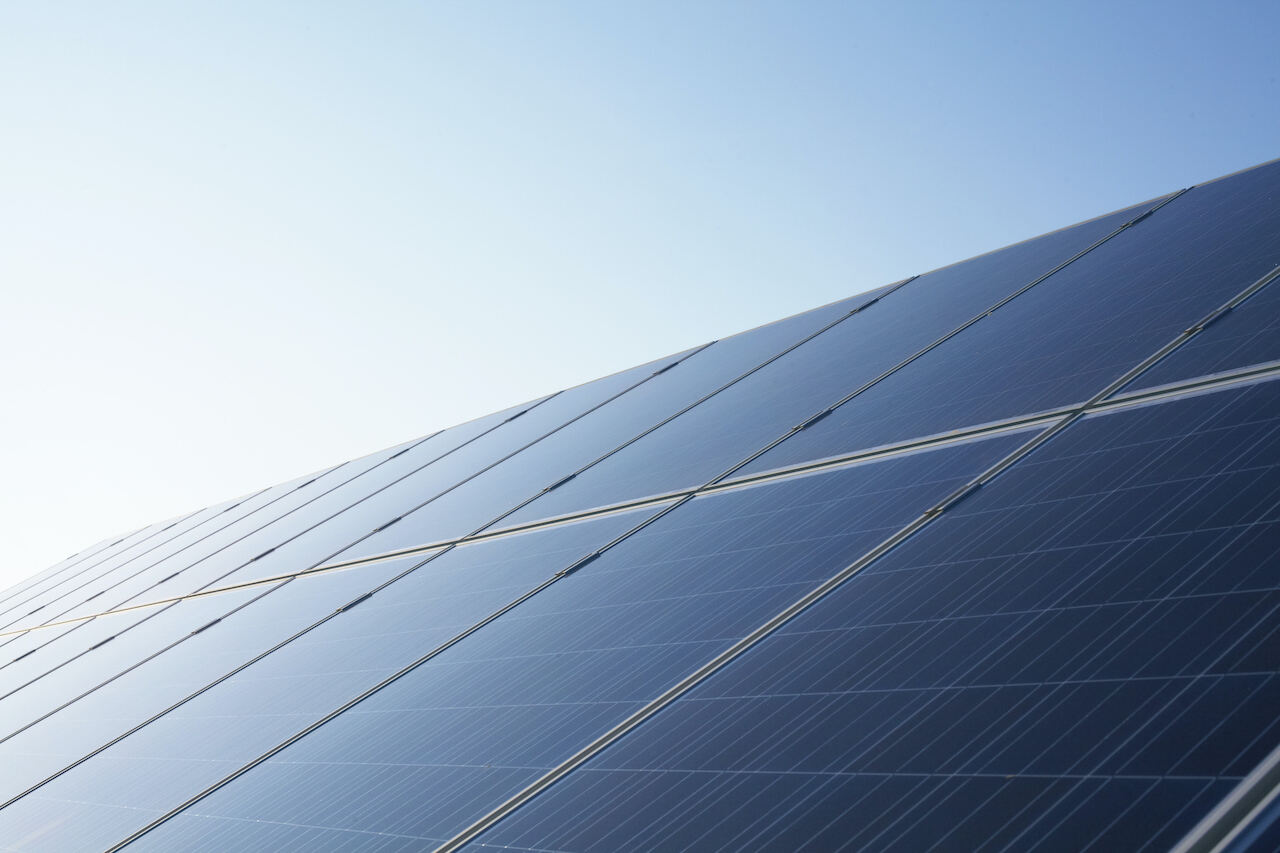Understanding Scalable Solar Power Systems
Defining Energy Scalability in Solar Solutions
Energy scalability is an essential concept in solar power systems, referring to the capacity of these systems to expand over time as energy demands rise. When households invest in solar panels for home use, they often start with a basic setup and gradually add more panels, batteries, or other components as their energy needs increase. This approach not only aligns with budget constraints but also avoids the necessity of a complete overhaul. Research suggests that homes utilizing scalable solar solutions can bolster their energy independence, especially as their energy consumption grows. This independence can significantly contribute to cost savings over time.
Industry experts emphasize that understanding the scalability of solar energy systems is crucial for homeowners. With energy scalability, individuals can make informed decisions about their long-term energy requirements and investments. As more households seek to adopt solar technologies, scalable solutions become central to meeting evolving energy needs without incurring prohibitive costs.
Why Flexibility Matters for Growing Households
Flexibility in solar solutions is vital, especially for families anticipating changes in home dynamics. As households grow, the demand for additional energy resources, like those required for new appliances, electric vehicles, or home expansions, increases. Flexible solar solutions are designed to adapt to these evolving needs, ensuring seamless energy provision without frequent technical overhauls. According to statistics, the trend towards multigenerational living is on the rise, further underscoring the importance of adaptable energy strategies.
In response to this trend, solar energy companies are tailoring personalized solutions that cater to the unique requirements of growing households. These scalable solar solutions not only accommodate varying energy demands but also provide a robust framework for future expansions. By prioritizing flexibility, homeowners can enjoy a sustainable, reliable energy supply that grows alongside their family's needs, embedding energy independence into everyday life.
Key Components of Expandable Solar Solutions
Modular Solar Panels for Home Upgrades
Modular solar panels are perfect for homeowners wanting flexible energy solutions. These panels provide the possibility to add or remove panels based on varying energy demands, making them ideal for those seeking expandable solar systems. A significant advantage of these panels is their seamless integration into existing setups, allowing homeowners to customize their energy production efficiently. According to the U.S. Energy Information Administration, there's a noticeable shift towards modular panels due to their adaptability compared to traditional fixed installations. With this trend, more households are able to harness the power of solar energy, benefiting from both flexibility and scalability.
Adaptable Inverters for System Expansion
Adaptable inverters are key to the stability and efficiency of scalable solar systems. They manage the power flow effectively, making it straightforward to add new panels or batteries without facing compatibility issues. Opting for smart inverters can significantly boost a system's efficiency, as they adjust energy production based on real-time data analysis. Research indicates that using advanced inverter technology results in higher energy yields, enhancing the efficiency of scalable solar solutions. By investing in adaptable inverters, homeowners can ensure their solar systems remain current and capable of meeting growing energy needs.
Battery Storage for Off-Grid Solar Energy Systems
Battery storage systems are indispensable for off-grid solar solutions, ensuring a reliable energy supply during cloudy days or at night. These systems are particularly vital for homeowners seeking to maximize the effectiveness of their solar setups. With technological advancements, modern batteries offer increased capacity and faster charging, becoming essential for both expanded energy needs and grid independence. Market data highlights the profound impact these storage systems have on the energy independence of off-grid homes, showcasing their critical role in scalable solar solutions. By integrating robust battery systems, we can optimize our use of solar energy, ensuring both efficiency and reliability.
Optimizing Roof Solar Panels for Home Use
Optimizing roof solar panels is crucial for homeowners aiming to achieve both aesthetic appeal and efficiency in their solar systems. When selecting solar panels for residential use, it's important to consider factors like color, size, and installation style to maintain the home's visual integrity. Custom solutions are often necessary because situational factors, such as roof size and orientation, significantly influence scalability options. Installation optimization can result in substantial energy efficiency improvements. Authoritative studies suggest that properly optimized residential solar installations can garner up to 30% more energy efficiency. This enhancement not only bolsters residential scalability but also ensures that homeowners receive maximum value from their investment.
Scaling Strategies for Large-Scale Solar Install Projects
For larger-scale solar installations, scalability poses different challenges that necessitate distinct strategies to manage energy output and mitigate infrastructure costs. In commercial projects, strategic planning plays a pivotal role, often employing centralized power purchase agreements to streamline cash flow and financial arrangements. This planning enables these projects to achieve economies of scale, which are vital for reducing per-unit costs of electricity. By leveraging these strategies, commercial entities can optimize their solar energy systems, thereby supporting more extensive and efficient installations. These approaches are invaluable in enhancing commercial scalability, driving down costs, and enabling businesses to harness renewable energy effectively.
Off-Grid vs. Grid-Tied Scalable Systems
Building Independent Solar Energy Systems for Home
Off-grid solar energy systems offer a pathway to energy independence, empowering homeowners to build networks that remain unaffected by utility providers. These systems are particularly appealing for those who value sustainability and autonomy, as they do not rely on a conventional grid. However, establishing such systems requires meticulous planning, especially concerning energy storage and usage optimization. For example, battery installations are crucial for storing solar energy generated during sunny periods, ensuring a constant power supply during nighttime or cloudy days. Moreover, market forecasts suggest a growing inclination among homeowners toward off-grid systems, as they align with the increasing demand for sustainability in modern living.
Hybrid Approaches for Energy Reliability
Hybrid solar systems aim to blend the best of both worlds, integrating elements of grid-tied and off-grid solutions to enhance energy reliability and self-sufficiency at home. These systems are designed to smartly switch between solar and grid energy sources, ensuring a seamless power supply during various conditions. For instance, during periods of low solar generation, the system can rely on grid energy, whereas excess solar output can be stored for later use. Anticipating technological advancements, experts predict the prevalence of hybrid systems will increase, driven by their ability to offer greater flexibility and reliability in meeting diverse energy needs. As technology continues to evolve, hybrid solar systems may become the preferred choice for households aiming for a balanced energy solution.
Future-Proofing Your Solar Investment
Monitoring Energy Consumption Patterns
Monitoring energy consumption is critical for homeowners aiming to optimize their solar investment. By understanding detailed usage patterns, homeowners can make informed decisions about future scalability and expansion of their solar systems. As technology evolves, smart meters now provide real-time data on energy consumption, helping identify trends over time. This data analysis is invaluable for proactively preparing households for necessary system upgrades to accommodate increasing electricity demands. Smart meters allow homeowners to refine their energy strategies, ensuring efficient system scaling in line with actual needs.
Planning for Emerging Solar Technologies
Staying informed about emerging solar technologies is vital for future-proofing your investment. Innovations, such as solar roof tiles and building-integrated photovoltaics, could become mainstream, offering new and efficient ways to generate solar energy. Anticipating these trends equips homeowners to capitalize on the latest technologies, ensuring their systems remain robust and scalable. Experts suggest that understanding the trajectory of these innovations can help homeowners maintain a competitive edge, allowing for seamless incorporation of new advancements as they become available. This proactive approach safeguards the longevity and adaptability of their solar energy systems, keeping them ahead in the ever-evolving energy landscape.






